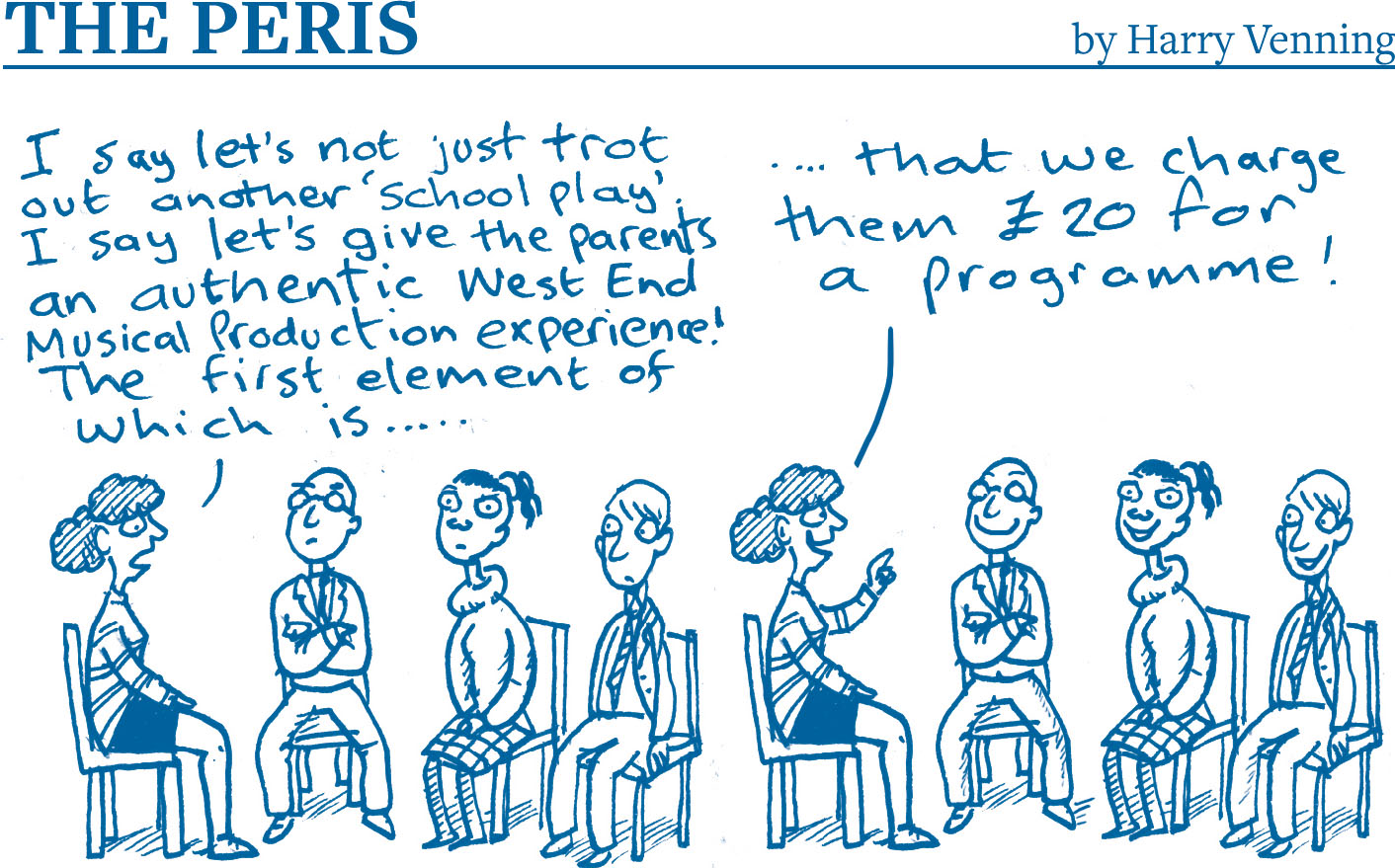
Unexamined life
I am writing to you in the week of the A Level results day. To tell you the truth, I'm dreading going in. I think the overall results will be fine but I'm having difficulty knowing what to do with all the emotions that will be stirred up. The students who just miss their grades and end up at their second-choice institution or with no place at all. The ones whose poor performance now may knock their confidence and make it difficult for them to find employment.
I have seen many young people taking time off to recover from the stress of examinations, which seem designed to break them and turn them into disciplined worker bees rather than creative and expressive individuals. I have known many of my students since they joined the school and, even accounting for puberty, the changes in some of their personalities has been unnerving to say the least.
From experience, even within my own department, I know that many people will just say that this is the way of the world, that no-one is owed a place at university, that the current generation is too sensitive, and that academic standards have been in continual decline since they took their exams (funny how that works out!). But I disagree. I don't think that the world has to be this way. There's no universal law that says progress needs to be defined by examinations or that these examinations are a useful way to measure someone's suitability for higher education. Studies have shown that when elite universities took students who didn't actually meet that university's academic requirements, those students thrived nonetheless as they were treated with dignity and respect and given a challenge which they rose to. I have never taught anyone for whom this hasn't been the case. Just today, Eton was in the headlines as one of its teachers is promoting slow learning – I'm not entirely sold on the idea but we do need to ask the question that if the national curriculum was so good, surely the private schools and academies would stick to it, rather than avoid it as much as possible?
I don't think that it is helpful to hark back to a golden age when things were better for music education. The point should never be to go backwards but to move forwards, to take on board the latest research and to learn from each other. My students don't deserve the same music education that I enjoyed, they deserve a better one, one which responds to changes in tastes and technology. When I was at school, the idea of one of the students with a disability doing music was unthought of, but evolution in attitudes and adaptive instruments can ensure that no-one gets left behind.
- Name withheld
Self-care
The piece on Hannah Rankin in the August issue made for an interesting read. I can't say I'm the biggest fan of boxing but I liked her emphasis on the crossovers between her two passions. I think it's important for musicians of any level to take good care of their body as it's as much a part of our music-making as our instruments. I play the flute and find that regular exercise keeps me from becoming too stiff from playing. It doesn't have to be anything gruelling, just enough to get the blood pumping. I like swimming as it gets me to coordinate my body in a different way. As a peripatetic teacher I have a bit more luxury when it comes to time management but maybe school-based colleagues could find ways of working with their PE department?
- Ali M. Sutton









